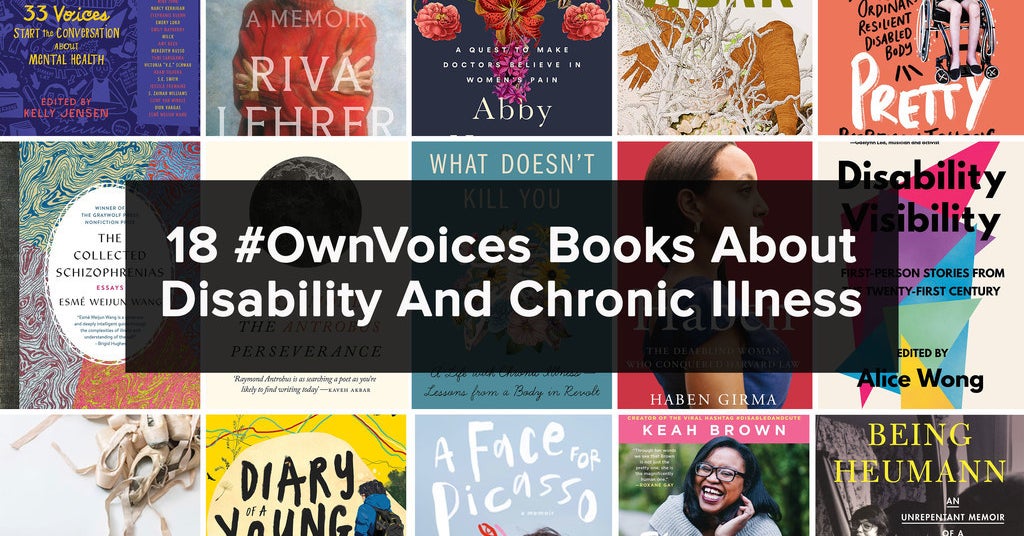Disability activist Alice Wong brings together a wide range of disabled voices in this important and intersectional anthology. In the chilling essay, “The Loneliness of Being Deaf in Prison,” Jeremy Woody, a former inmate at a state prison in Georgia, talks about the prison authorities’ refusal to provide him with an ASL interpreter. Because of this, Woody was denied access to educational courses, was unable to understand doctors during his medical visits, and is even recorded as pleading guilty when he was unable to present his case in court. While many of the essays point out systemic injustices in the treatment of people with disabilities, some are uplifting and show support for the disability community. For example, in “Why My Novel is Dedicated to My Disabled Friend Maddie,” A.H. Réaume talks about how she hired her disabled friend Maddie to help her when a head injury made it difficult for her to edit her writing. There are essays on the intersection of disability and racism among medical staff against Indigenous women, the issue of free public transportation for the disabled, art classes and guide dogs, and more. Disability Visibility is a must-read for anyone who wants to understand disability and activism better.
It’s available from Bookshop, Target, or Amazon, and you can find the audiobook on Libro.fm.
In eight wonderful, thought-provoking essays, Rebecca Taussig shares her experience with disability. The stories range from childhood happiness, pulling on herself while playing with her siblings, to teaching disability-themed classes, marriage, divorce, finding love again, and buying a house. As a child, Taussig was physically active with joy and confidence, but as she grew older, she realized that her surroundings told a different story about her body. She noticed how many spaces were not made for her needs, saw strangers look with pity, and heard ableist narratives from the media that disabled bodies like hers were weak or objects of inspiration for others. Gradually, she felt less comfortable in her own body, but eventually, she learned to reclaim it. While all the essays in this collection are excellent, I particularly liked the one that discusses the issue of kindness and the often threatening and condescending ways in which non-disabled people tried to “help” her. Her essays on education and feminism are equally inspiring and will help non-disabled people stand up against ableism.
It’s available from Bookshop, Target, or Amazon, and you can find the audiobook on Libro.fm.
Disfigured weaves together Leduc’s memoir of living with cerebral palsy and a look at how disability is portrayed in fairy tales. “Why,” Leduc asks, “is it always the individual who needs to change in these stories, and not the world?” In other words, there’s nothing wrong with disabled people; it’s the society and culture around them that creates the barriers. But in fairy tales, where anything goes, disabled characters are either villains or cursed heroes whose disabilities are erased by the end of the story. Through her analysis of fairy tales, Leduc shares her own experiences with cerebral palsy, from multiple surgeries to cruel classmates to facing ableism at the hospital where she works. A must-read for any fairy tale lover.
It’s available from Bookshop or Amazon, and you can find the audiobook on Libro.fm.

